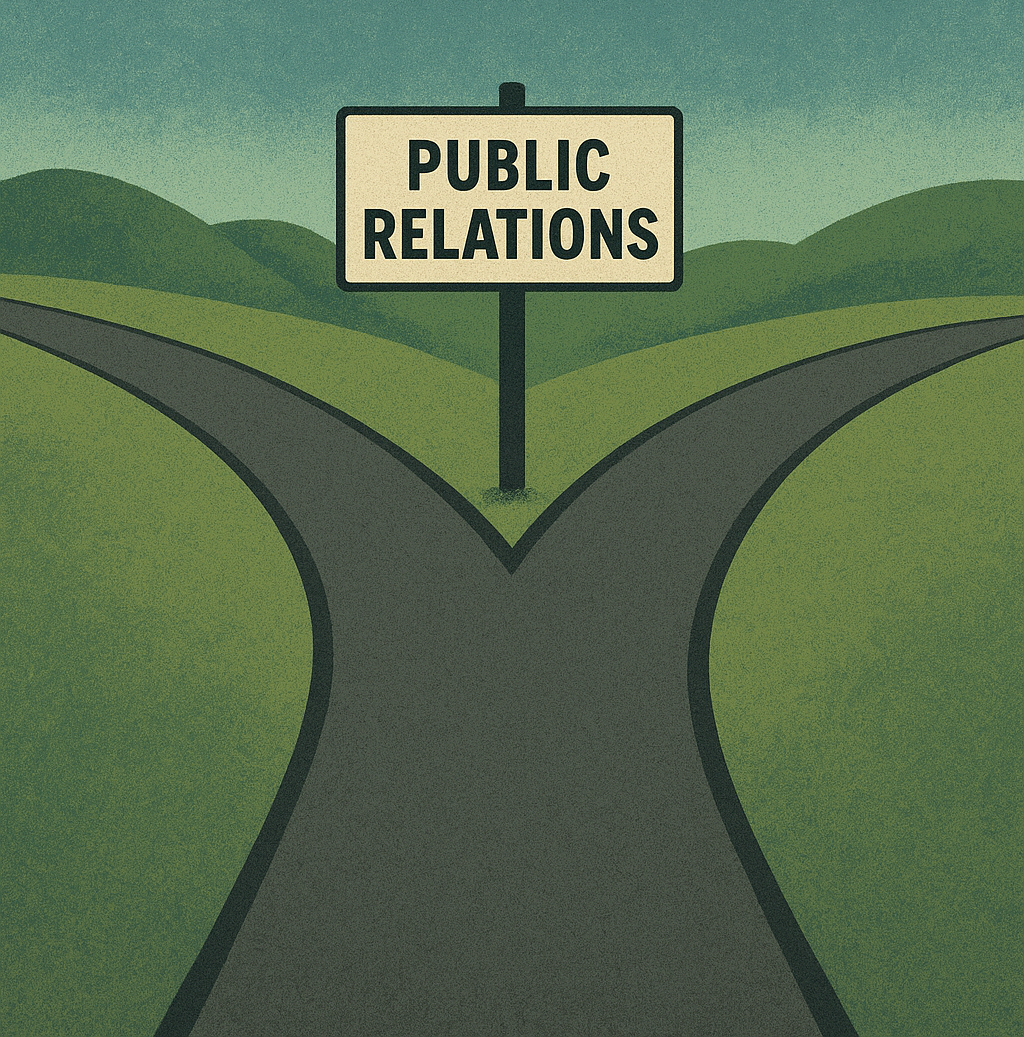Wednesday, September 17, 2025
Wednesday, September 17, 2025

Jared Meade, Strategic columnist.
On Sept. 10, at 12:20 p.m., the life of a husband, a father, and a son ended at Utah Valley University. Charlie Kirk was only 31 years old and left behind a wife of four years, a 3-year-old daughter and a one-year-old son.
This was a human life, taken far too soon. This was a tragedy. Full stop.
Following this tragedy, some social media users expressed their joy over Kirk’s death. At the same time, some media figures exploited the moment to promote their political views or showed insensitivity in their coverage.
An Australian satirical outlet published a disrespectful parody article. The communications coordinator for the American football team, the Carolina Panthers, was fired for his social media posts mocking Kirk’s death and former chief strategist for the Bush-Cheney 2004 presidential campaign and political analyst, Matthew Dowd, was fired by MSNBC for his insensitive comments.
We have become so deeply divided politically that we have forgotten our basic humanity and crossed a dangerous line. It’s time to face an uncomfortable truth: we’re losing our ability to communicate with even the most fundamental level of decency and respect. If we can’t agree that a young father’s death is tragic regardless of ideology, how can we hope to engage in the difficult conversations society requires?
The reaction to Kirk’s death reveals something deeply troubling about where we are as a society. Whether you agreed with his politics or found his views objectionable, the celebration of any person’s death should concern us all. It should also alarm us when holding certain viewpoints is seen as justification for violence or death.
Kirk’s death is not an isolated incident in our increasingly toxic and divided political climate. In the last fourteen months, there have been two assassination attempts on U.S. President Donald Trump, one resulting in the death of a bystander, Corey Comperatore. In June of this year, Minnesota state representative Melissa Hortman and her husband were assassinated and state senator John Hoffman was wounded by a gunman disguised as a police officer. That same month in Boulder, Colorado, six people were injured and one eventually died from their injuries when a man used a makeshift flamethrower and Molotov cocktails to attack a group of demonstrators walking in solidarity for the Israeli hostages taken during the October 7 attacks. UnitedHealthcare CEO Brian Thompson was gunned down in Manhattan in December 2024, with many celebrating his murder on social media.
Each of these tragedies shares a common thread: the dehumanization of people based on their political views and beliefs, which has created a culture where violence to some feels justified. When we reduce complex human beings to political caricatures or corporate villains, we make it easier for those willing to cause harm to see them as acceptable targets rather than fellow human beings with friends, families, hopes, dreams and inherent worth.
This concern is particularly relevant for those of us in the public relations field. As the voices of our organizations—spokesperson trainers, authors of media statements, op-eds, and social media content and as arbiters of ethical communication—we must reflect on the role we’ve played in contributing to society’s divisiveness.
Have we, in support of a cause or organization, used our voices or influence to vilify those who disagree with our worldview? To lift one group, have we dehumanized another?
Public relations has always been about building and maintaining relationships and understanding, oftentimes between groups with opposing viewpoints. We should be the voice of reason for our clients, urging the dialing down of vitriol that has become too commonplace.
Whether in our personal or professional roles, it is our duty to set an example for the next generation of PR professionals on how to communicate openly, honestly and without malice. This doesn’t mean there can’t be disagreement. A healthy debate strengthens our society. But disagreement must be grounded in respect for the humanity of those who see things differently. Otherwise, our profession will continue to be blackened by the callous, flippant and insensitive comments of those within our ranks and those they advise.
The question becomes: How do we rise to this challenge? It starts with implementing practical guardrails in our daily work:
Before you communicate:
Create and adhere to content guidelines:
Personal accountability:
The public relations industry stands at a crossroads. Do we continue down the path of polarization and performative outrage, or do we reclaim our role as ethical communicators who build bridges instead of burning them down?
Charlie Kirk’s children, along with our own, will grow up in the communication landscape we create with our words today. Every press release, every social media post, and every crisis response either builds a more civil society or tears it down further. There is no neutral ground. The question isn’t whether you can afford to take a stand for ethical communication, it’s whether you can afford not to. What legacy will your words leave for the next generation?
Written by: Editor
© 2025 Stratpair Ltd., trading as Strategic. Registered in Ireland: 747736